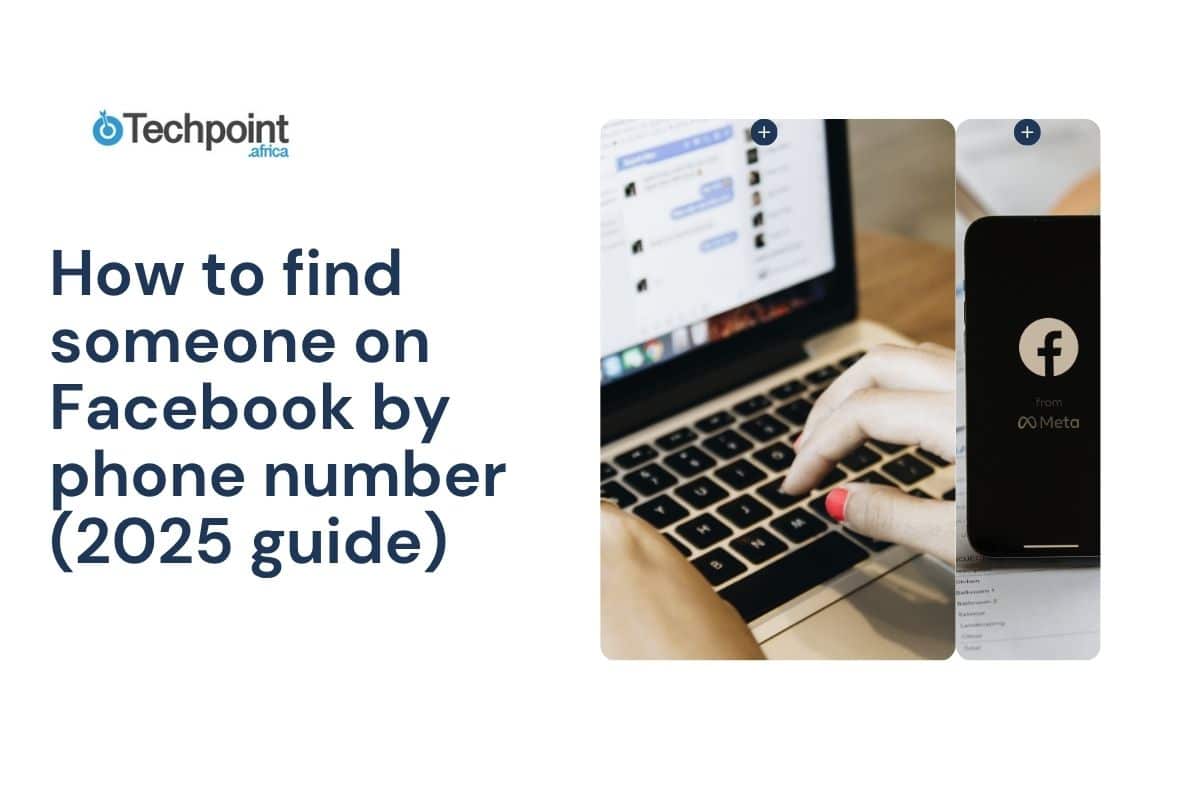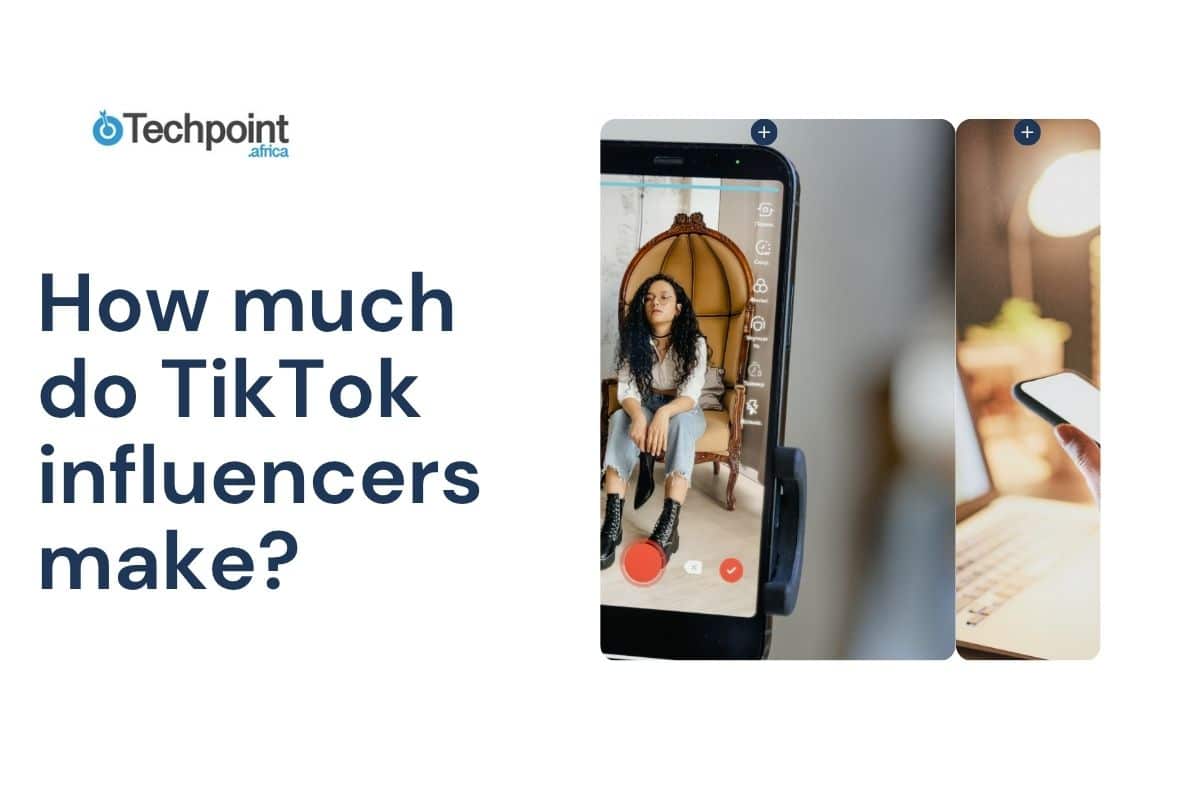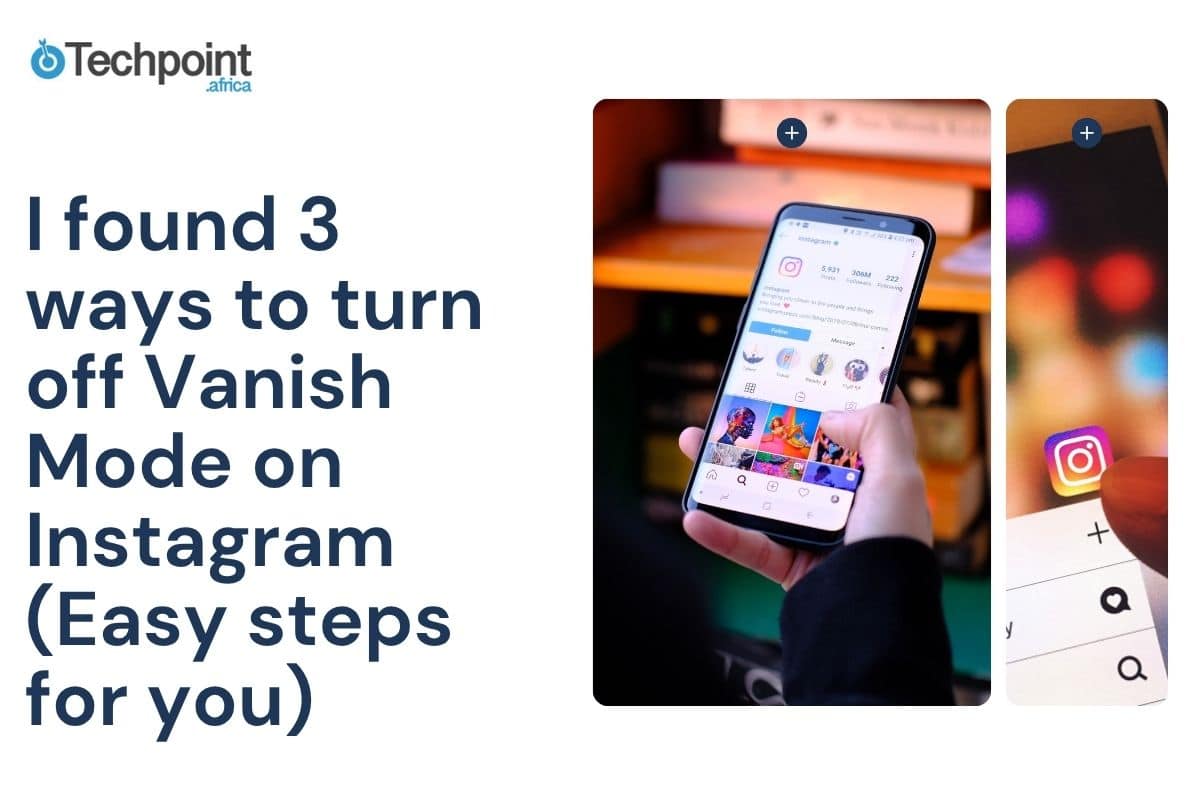Facebook is a place to share and connect with friends and family. And now, Facebook also recognizes that for some, it’s also a place to remember and honor those we’ve lost.
Often when a person passes away, their account can become a memorial of their life, friendships and experiences.
The social media giant introduced a new feature that lets people choose a legacy contact—a family member or friend who can manage their account when they pass away. Once someone lets Facebook know, via the Memorialization Request, that a person has passed away, the company will memorialize the account and the legacy contact will be able to:
- Write a post to display at the top of the memorialized Timeline (for example, to announce a memorial service or share a special message)
- Respond to new friend requests from family members and friends who were not yet connected on Facebook
- Update the profile picture and cover photo
If someone chooses, they may give their legacy contact permission to download an archive of the photos, posts and profile information they shared on Facebook. Other settings will remain the same as before the account was memorialized. The legacy contact will not be able to log in as the person who passed away or see that person’s private messages.
Alternatively, people can let the company know if they’d prefer to have their Facebook account permanently deleted after death.
Here’s how to choose a legacy contact:
Open your settings. Choose Security and then Legacy Contact at the bottom of the page.


After choosing your legacy contact, you’ll have the option to send a message to that person.

You may give your legacy contact permission to download an archive of the posts, photos and profile info you’ve shared on Facebook.

We’ve also redesigned memorialized profiles to pay tribute to the deceased by adding “Remembering” above their name and making it possible for their legacy contact to pin a post to the top of their Timeline.

Legacy contacts are available only in the US for now; it is an optional setting that will soon be expanded to other countries.











